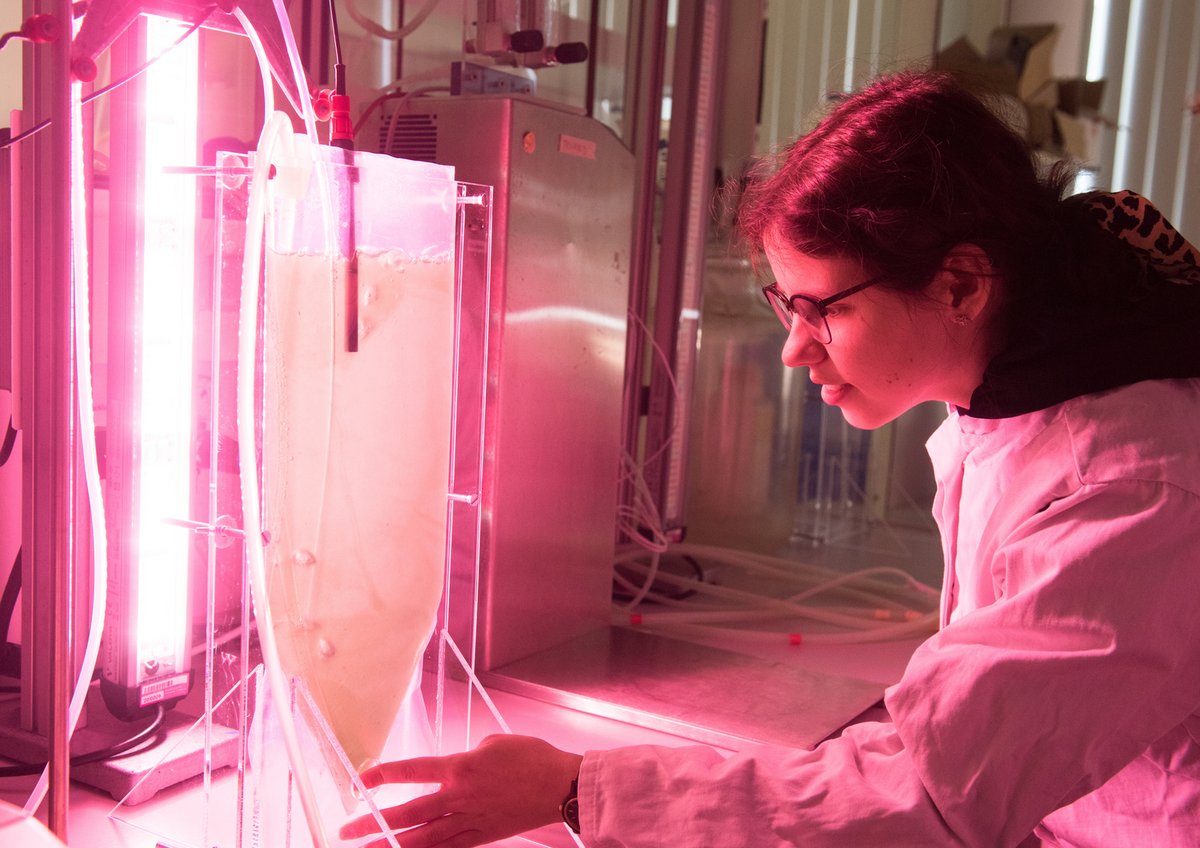
Bachelor’s Program in Life Science and International Health (B. Sc.)
The accredited Bachelor’s program in Life Science and International Health at the Brandenburg University of Technology Cottbus-Senftenberg (BTU) combines foundational natural sciences with international public health. It prepares students for careers in research, development, and healthcare systems, while providing a solid foundation for advanced master’s programs.
Key Facts About the Program
| Category | Details |
| Duration | 6 semesters (standard period of study) |
| Credits | 180 credit points (LP) |
| Start of Studies | Winter semester |
| Language | English |
| Degree | Bachelor of Science (B. Sc.) |
| Practical Components | Regular laboratory internships from the 2nd semester, research project in the 6th semester |
| Mobility Window | 6th semester (bachelor’s thesis abroad possible) |
| Career Prospects | Research and development, health management, pharmaceutical industry, master’s programs |
Study Objectives and Content
The program combines a broad foundation in biophysics, chemistry, and data science with specialized training in biological subjects such as cell biology, microbiology, molecular biology, and genetic engineering. Additionally, it covers international public health to equip students with the skills to address global health challenges.
Core Competencies:
- Natural Science Foundations: Biomedical data science, biochemistry, microbiology, and organic chemistry.
- Biological Specialization: Cell biology, molecular biology, genetic engineering.
- Public Health: Health promotion, disease prevention, international health systems, and legal frameworks.
- Practical Skills: Laboratory work, scientific research, and experimental methods.
Goals of the Program:
- Enable independent research and development.
- Plan and conduct experiments.
- Coordinate production processes and quality assurance (e.g., GMP in pharmaceuticals).
- Build and optimize healthcare systems for disease prevention and health promotion.
- Prepare for advanced master’s programs in biotechnology, biomedicine, or public health.
Program Structure
The program spans 6 semesters with a total of 180 credit points (LP). It consists of mandatory and elective modules, practical laboratory phases, and a mobility window in the final semester.
1st Semester (30 LP)
- Biomedical Data Science
- Basic Natural Sciences
- General Biology
- Biomedical Information Science
- Economics of Health Systems
2nd Semester (30 LP)
- Ecology
- Microbiology
- Economics
- Organic Chemistry
- Introduction to Laboratory Work
3rd Semester (30 LP)
- Health Promotion and Disease Prevention
- Introduction to Scientific Work
- Basics in Theoretical Medicine
- Biochemistry
- Biomedical Lab Course I – Microbiology
4th Semester (30 LP)
- International Public Health
- Interdisciplinary Studies (FÜS)
- Law in Life Science and Public Health
- Biomedicine
- Biomedical Lab Course II – Functional Bioanalytics
5th Semester (30 LP)
- Biomedical Lab Course III – Cell Culture
- Molecular Biotechnology and Society
- Elective Modules (3 out of 8)
- Examples: Bioeconomy, Personalized Medicine, International Environmental Law, Immunology.
6th Semester (30 LP)
- Bachelor Research Competence (18 LP)
- Bachelor Thesis (12 LP)
Practical Orientation
The program places a strong emphasis on practical experience. Starting from the second semester, regular laboratory internships prepare students for the demands of research and development. The Bachelor Research Competence module serves as the practical component of the bachelor’s thesis, where students investigate a research hypothesis experimentally and generate scientific data.
International Focus
The program is taught in English and includes a mobility window in the sixth semester, allowing students to complete their bachelor’s thesis abroad or participate in international internships. This fosters intercultural competence and prepares students for a global career.
Career Prospects
Graduates are qualified to work in the following areas: - Research and development in biotechnology and pharmaceuticals. - Health management and public health. - Quality assurance in the pharmaceutical industry. - Advanced master’s programs in biotechnology, biomedicine, or public health.
Admission Requirements
There are no additional admission or enrollment requirements for the program. The program begins in the winter semester.
Degree
Upon successful completion of the program, students are awarded the academic degree Bachelor of Science (B. Sc.). The final grade is calculated based on module grades (70 %) and the bachelor’s thesis (30 %).
The Life Science and International Health program offers a unique combination of scientific expertise and international health competence. It prepares students for the challenges of a globalized world and lays the foundation for a successful career in research, development, and healthcare management.”
